
Understanding your dog's behavior can sometimes be a complex task, especially when they display symptoms that cause concern. One such symptom is nighttime panting. Let's delve into the reasons why dogs pant at night, and the steps you can take to ensure your canine companion's comfort and well-being.
Why Does My Dog Pant at Night?
Dog owners often ask, "Why does my dog pant at night?" While panting is a normal behavior for dogs, it becomes a concern when it's excessive or out of character. Here, we explore the common causes of nighttime panting in dogs.
Temperature Regulation
Dogs pant primarily for heat exchange. Unlike humans, dogs have a limited number of sweat glands, located only on their paws. As a result, dogs use panting as their primary method of releasing excess heat, exchanging warm body air for cooler ambient air. If the weather is particularly hot, this could explain your dog's panting.
Stress and Anxiety
Stress and anxiety are common triggers for panting in dogs. When stressed or anxious, dogs might pant, shed excessively, attempt to hide or escape, and avoid certain people or situations. If your dog is panting at night, it could be a sign of stress or anxiety.
In particular, nighttime can induce anxiety in dogs, causing them to pant. Anxiety may manifest in behaviors such as pacing, repositioning, and, of course, panting.
Separation Anxiety
Separation anxiety can be a significant cause of nighttime panting. Dogs with separation anxiety often pant and pace when left alone, and this behavior can be more pronounced at night, especially if the dog sleeps separately from their human family members.
Allergies
Allergies can also cause panting in dogs. If your dog is panting at night, it might not be anxiety; instead, they could be reacting to an allergen in their sleep environment or food. Symptoms of allergies can include panting, itching, and skin inflammation.
What Can You Do to Help a Dog Panting at Night?
If you observe your dog panting at night, don't worry. There are several steps you can take to alleviate their discomfort and ensure they get a good night's sleep.
Create a Calming Environment
Creating a calming environment can significantly reduce your dog's stress and anxiety levels, promoting better sleep. This could involve providing a quiet, cozy sleep area, using calming pet pheromones, or playing soft music to help soothe your pet.
Increase Exercise
Ensuring your dog gets plenty of exercise during the day can also help reduce nighttime panting. Regular physical activity can help burn off excess energy and reduce anxiety levels, leading to more restful sleep.
Consider Dietary Supplements
Certain dietary supplements, like CBD oil, have been shown to help ease anxiety in dogs. These can be used alongside other strategies to help manage your dog's stress levels and promote better sleep.
Consult with a Veterinarian
If your dog's panting continues despite your best efforts, it may be time to consult a veterinarian. Panting can sometimes be a sign of underlying health issues, such as arthritis, Cushing's disease, or hypothyroidism. A vet can provide a thorough examination and recommend appropriate treatments.

Understanding Canine Panting: Causes and Solutions
Dogs, as man's best friend, often communicate their physical and emotional states in ways that might be mysterious to us. One such behavior is panting, particularly at night. A variety of factors might trigger this, ranging from heat regulation to anxiety and even medical conditions. In this comprehensive guide, we will explore these causes and propose solutions to ensure your furry friend enjoys restful nights.
Why Do Dogs Pant?
Dogs pant for a multitude of reasons. Most commonly, they pant as a means of heat exchange. Dogs possess a limited number of sweat glands, predominantly on their paw pads. This limited sweat production necessitates alternative methods of cooling down. Panting serves as their primary mechanism of heat dissipation, enabling them to exchange warm internal air for cooler ambient air. So, if the weather is particularly hot, panting might simply be your dog's way of keeping cool.
Can Stress Cause Dogs to Pant?
Yes, stress can indeed lead to increased panting in dogs. Dogs, much like humans, express stress in a myriad of ways, and panting is one such manifestation. Stress might cause your dog to pant heavily, perhaps even gasping for breath if they're feeling particularly overwhelmed. Additional signs of stress include shedding, hiding or trying to escape, and avoiding certain people or situations. If your dog displays these behaviors alongside panting, stress could be the underlying cause.
Nighttime Panting: Anxiety Could be the Culprit
If you've noticed your dog panting excessively at night, anxiety might be at play. An anxious dog often seems stressed and nervous, exhibiting behaviors like pacing, repositioning, and panting. Anxiety can stem from various sources such as separation anxiety or age-related changes. Older dogs, for instance, are more prone to anxiety, and panting can be a symptom of their heightened anxiety, particularly at night.
Separation Anxiety and Panting
One significant source of canine anxiety that might cause nighttime panting is separation anxiety. Dogs suffering from this condition are likely to pace and pant at night, especially if they have to sleep alone. If your dog has separation anxiety, you might frequently observe them panting at night.
Dealing with Panting: Practical Solutions
Understanding why your dog is panting is the first step towards addressing the issue. The next step is implementing practical solutions to help your dog feel more comfortable and less anxious, which should reduce their panting.
Create a Calming Environment
A calming environment can significantly reduce a dog's stress and anxiety levels, thereby promoting better sleep and less panting. Ensure your dog has a safe space to retreat to when they feel stressed or anxious. A quiet corner with a comfortable bed and their favorite toys might be all they need to feel secure.
Ensure Adequate Exercise
Lack of exercise and stimulation can exacerbate a dog's anxiety. Regular physical activity provides an outlet for their energy and can help alleviate stress. Consider incorporating daily walks, games of fetch, or agility training to help your dog blow off some steam.
Consider Supplements and Consult Your Vet
Supplements, such as CBD oil, can be a beneficial addition to your dog's routine, particularly if they are panting due to anxiety. However, it's crucial to consult your vet before starting any new supplements. For older dogs, panting and pacing at night might be indicative of underlying medical conditions like arthritis, Cushing's disease, or hypothyroidism. Regular vet

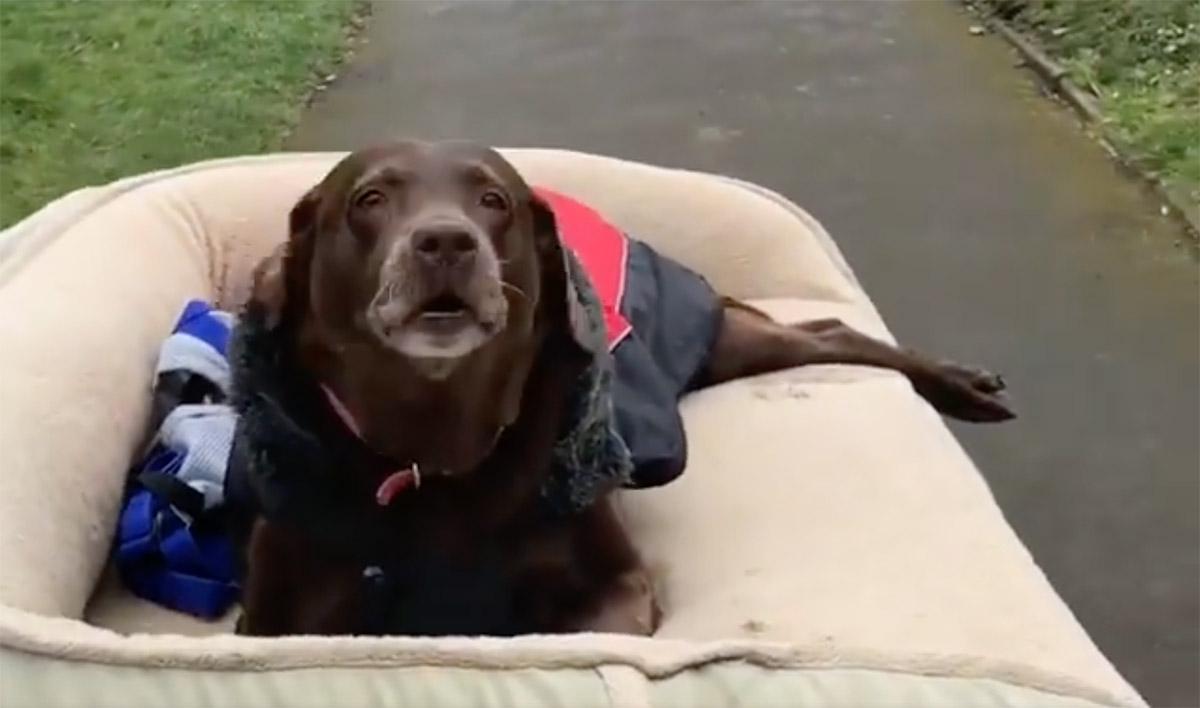
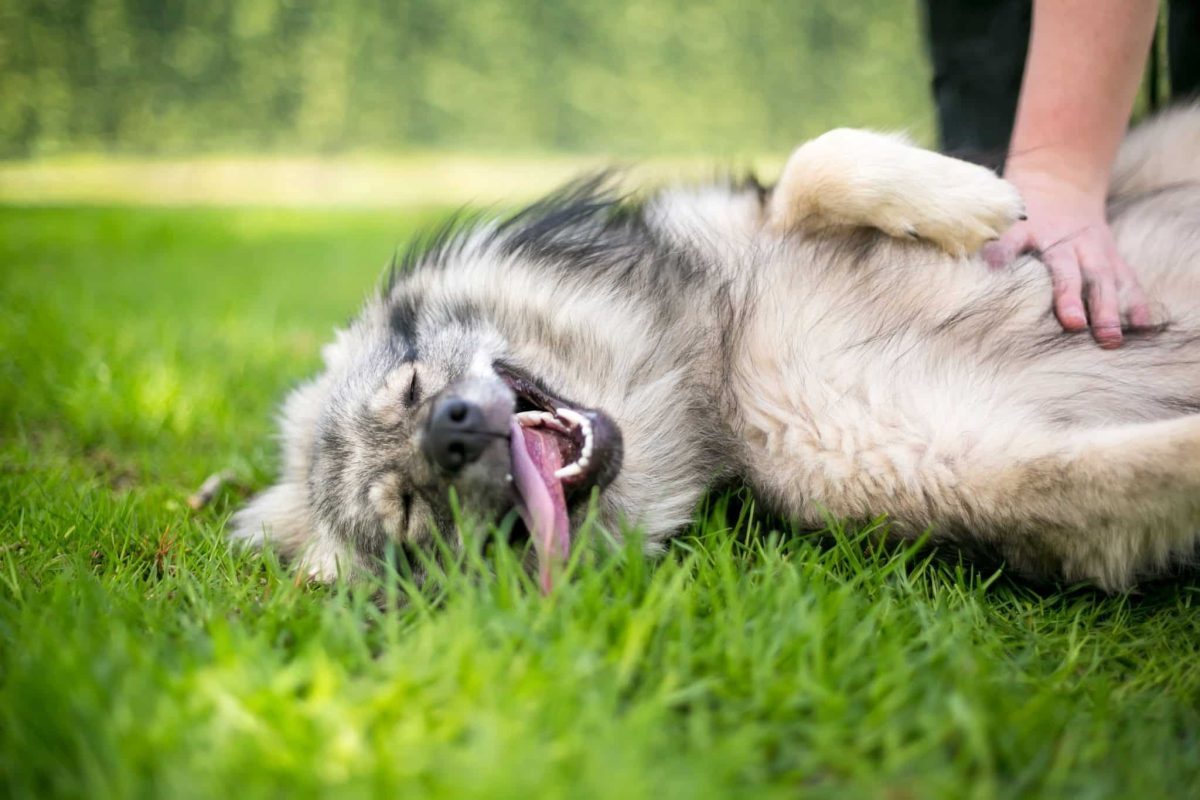
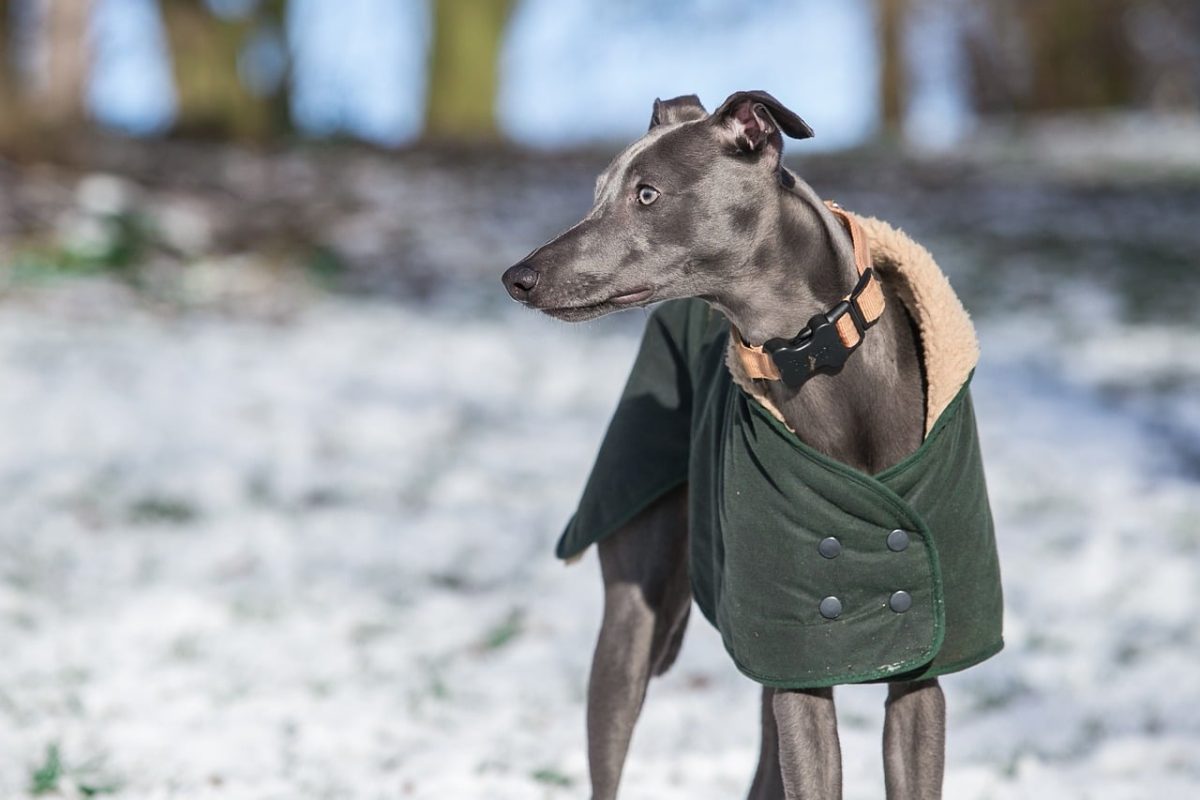
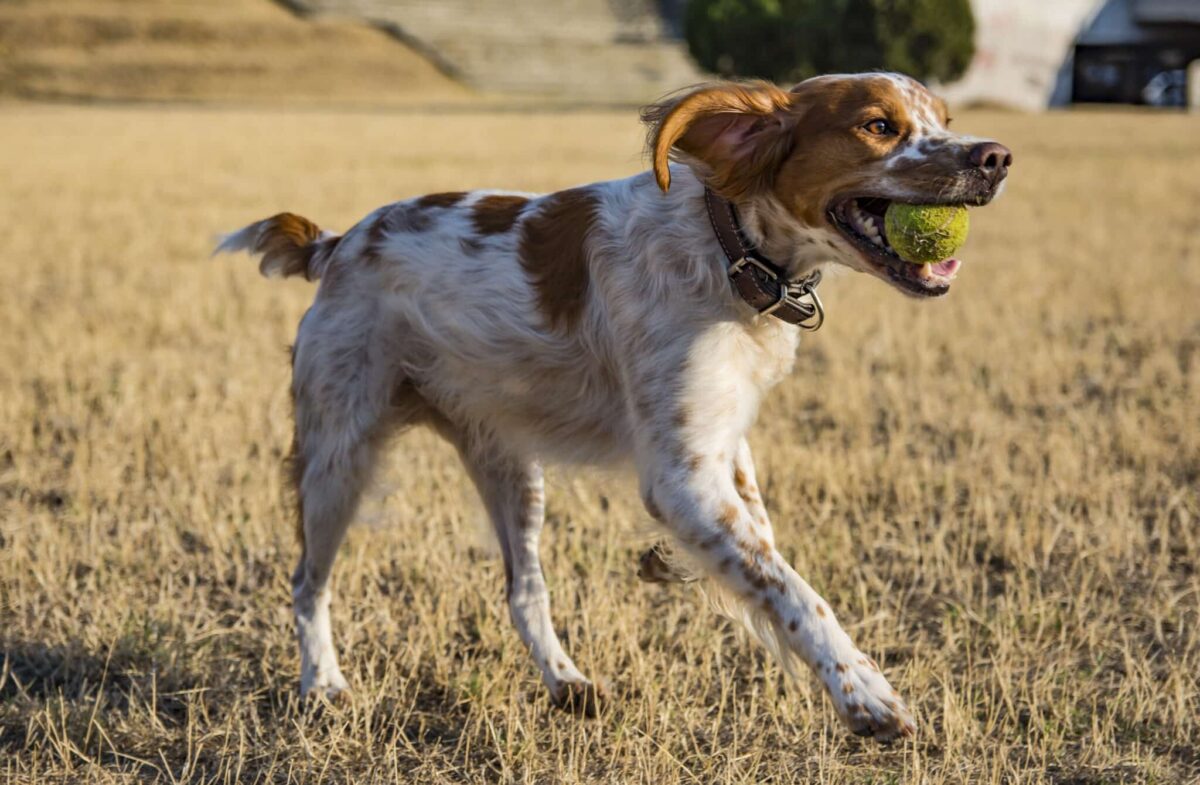
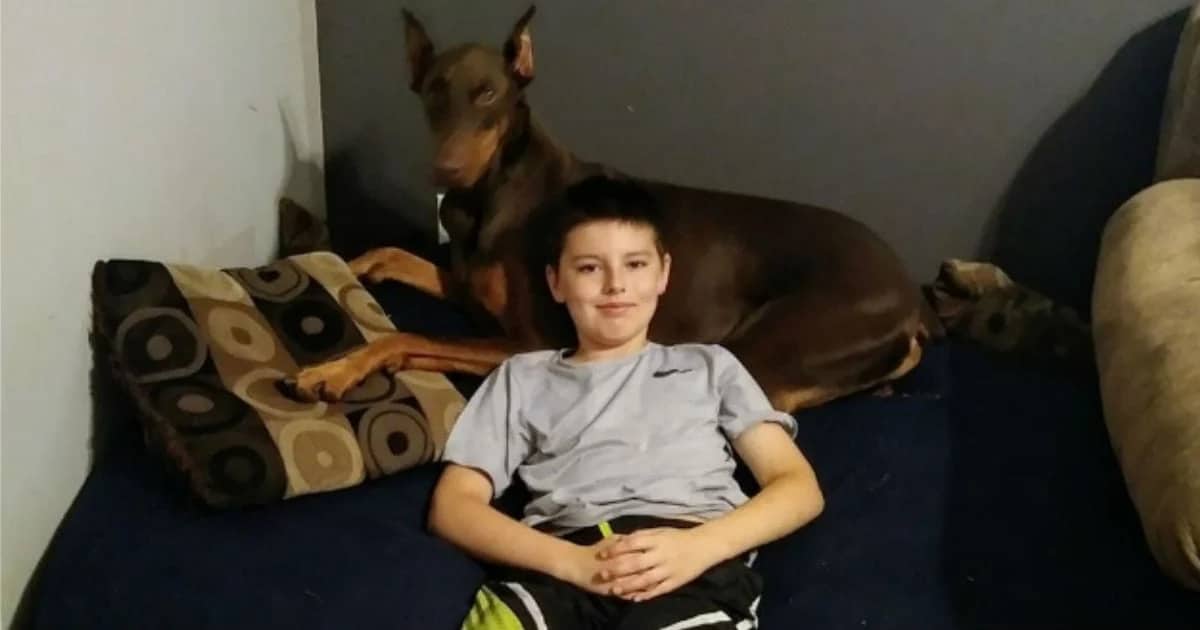

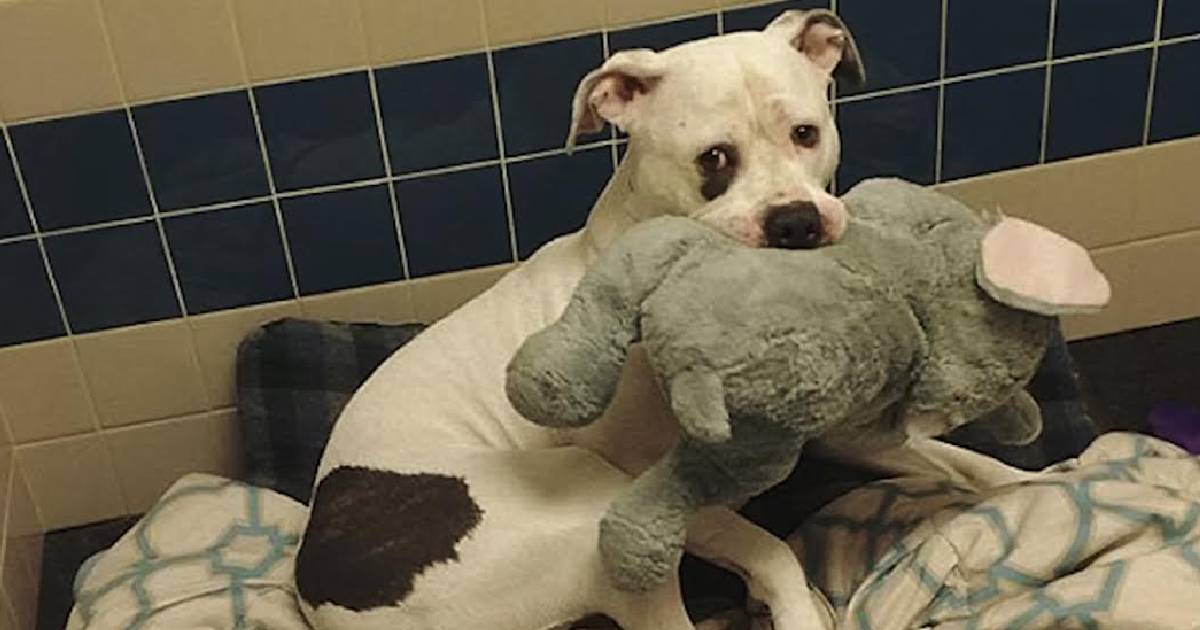
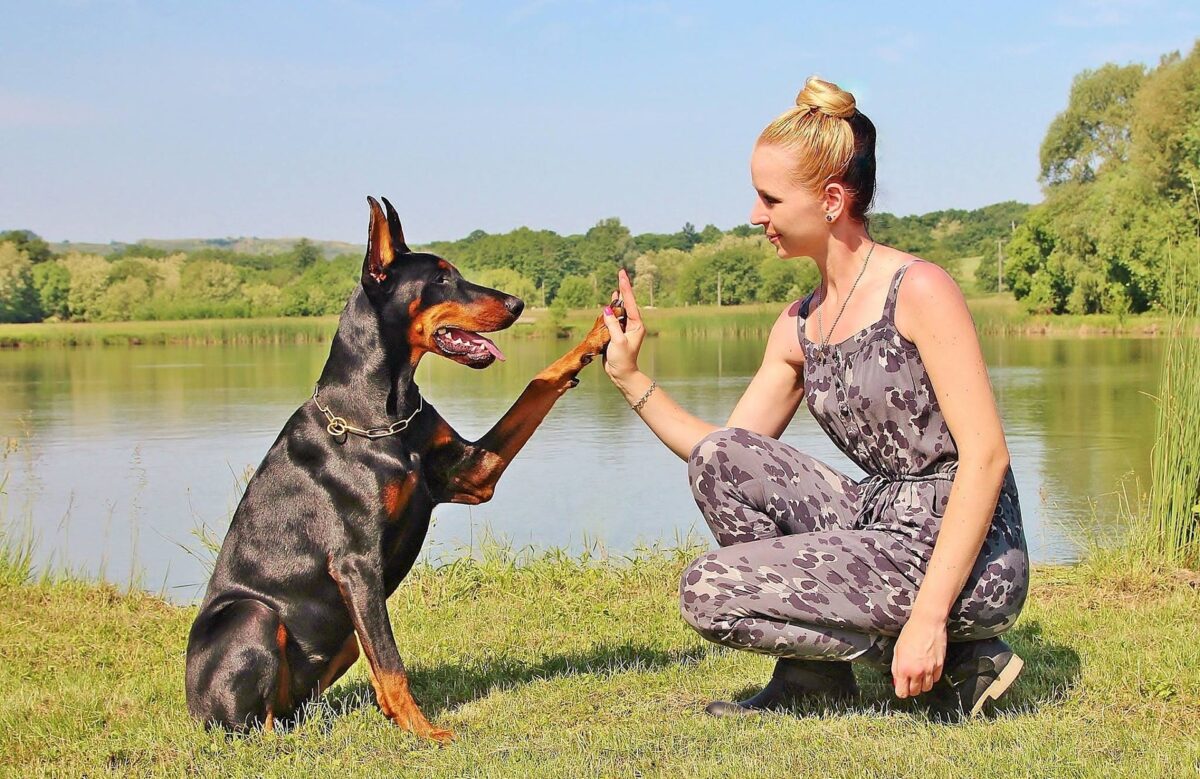
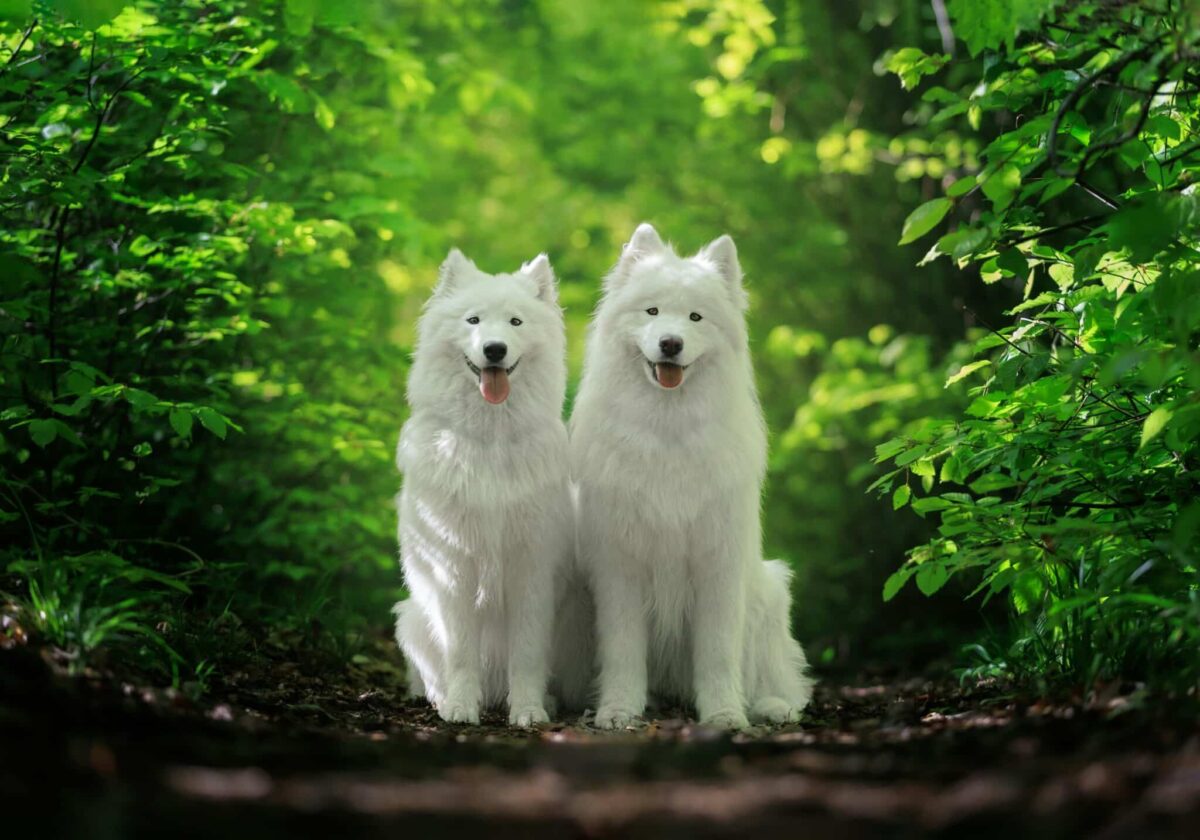
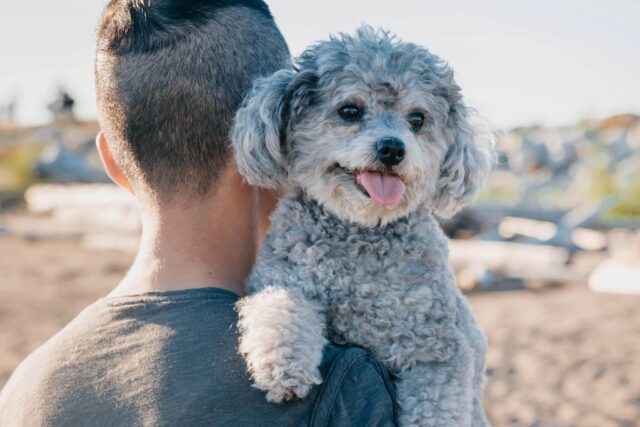
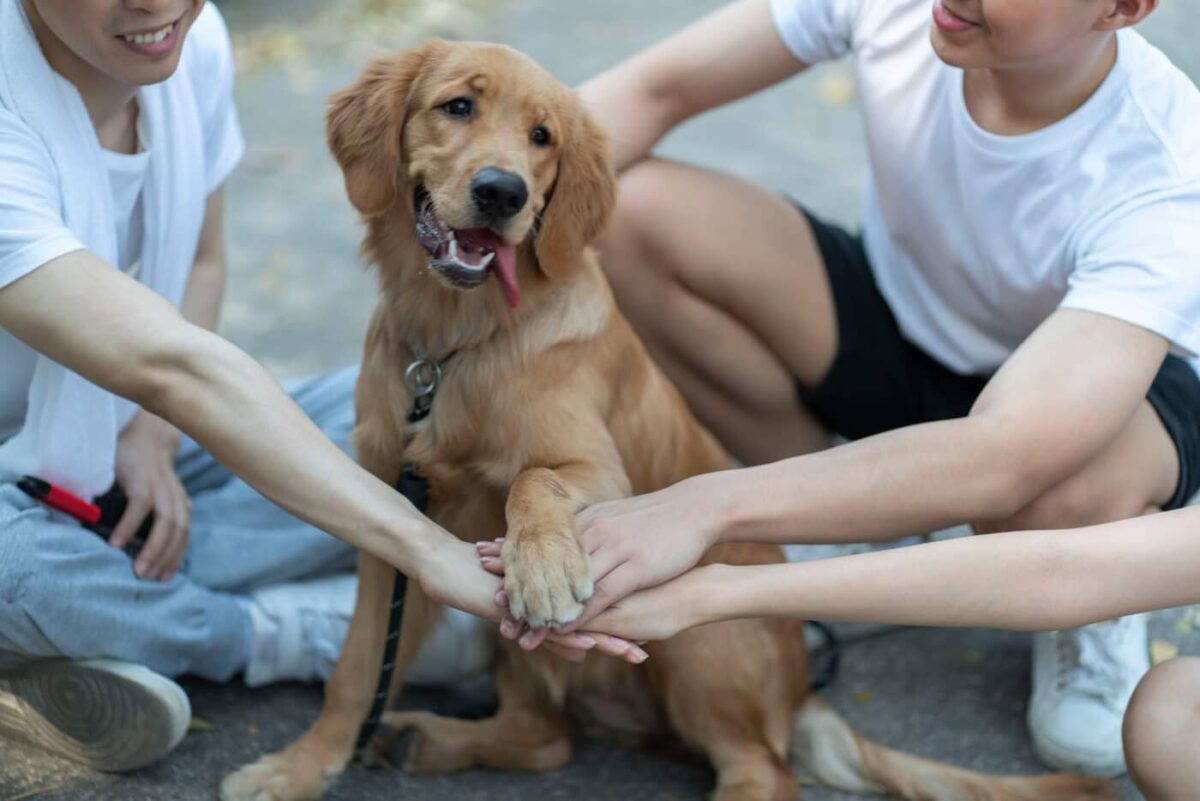
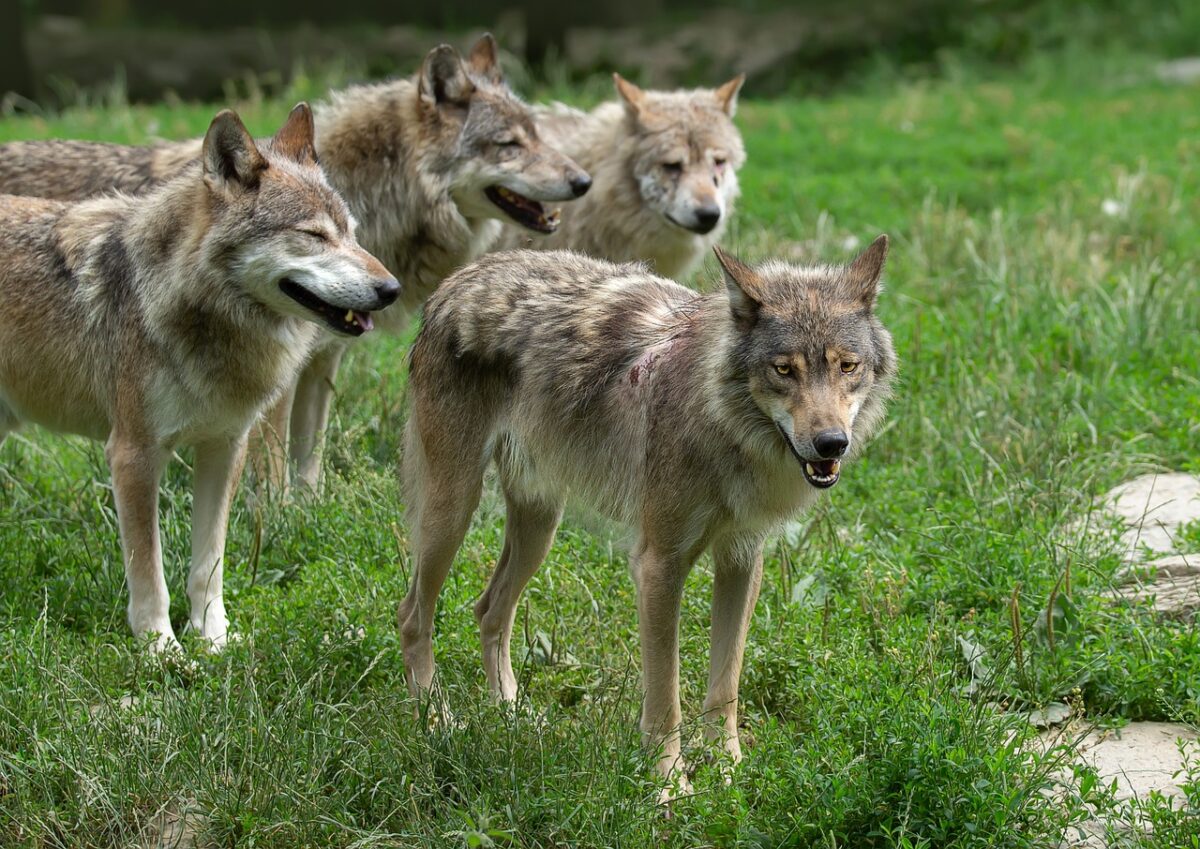
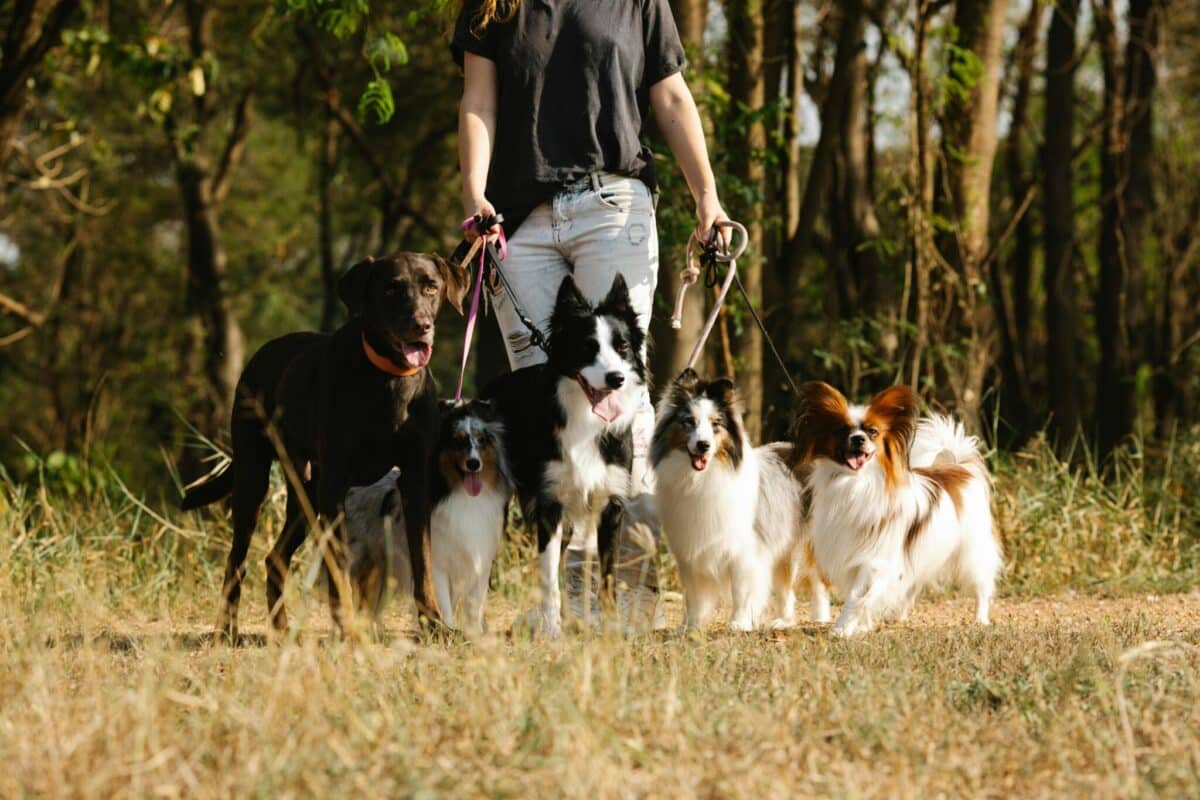
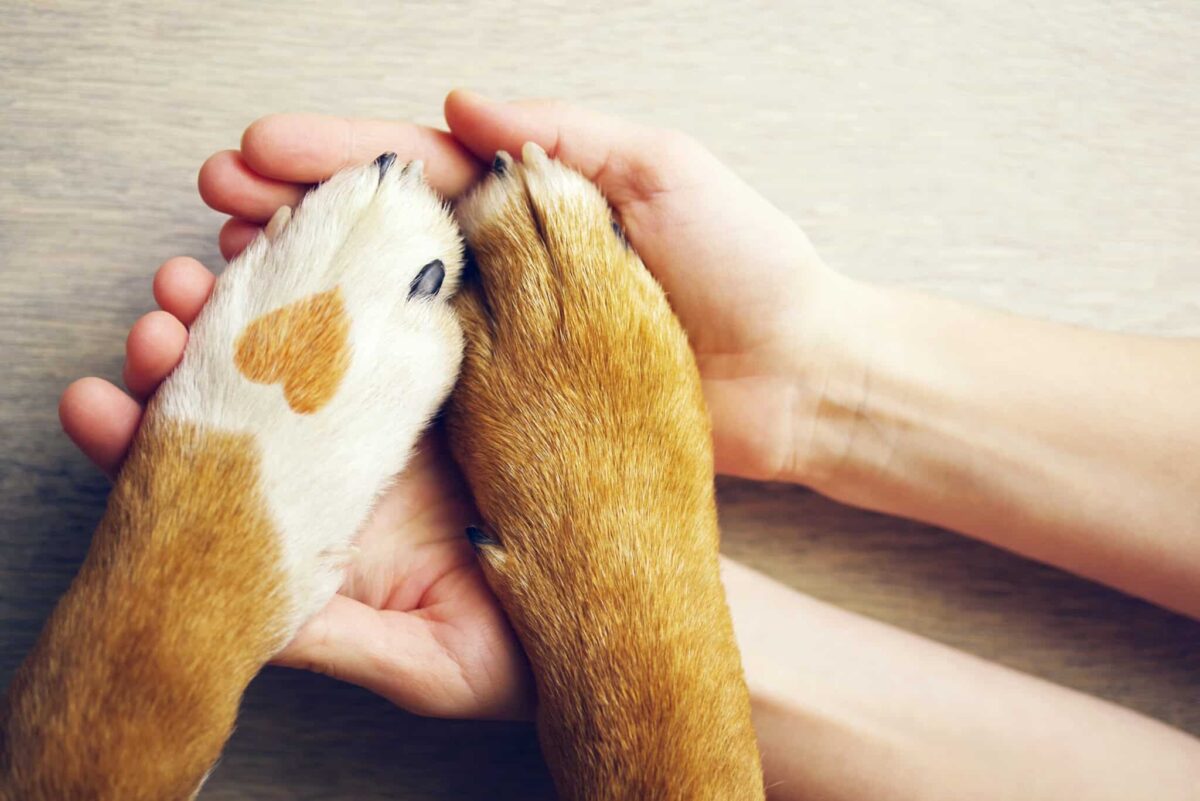

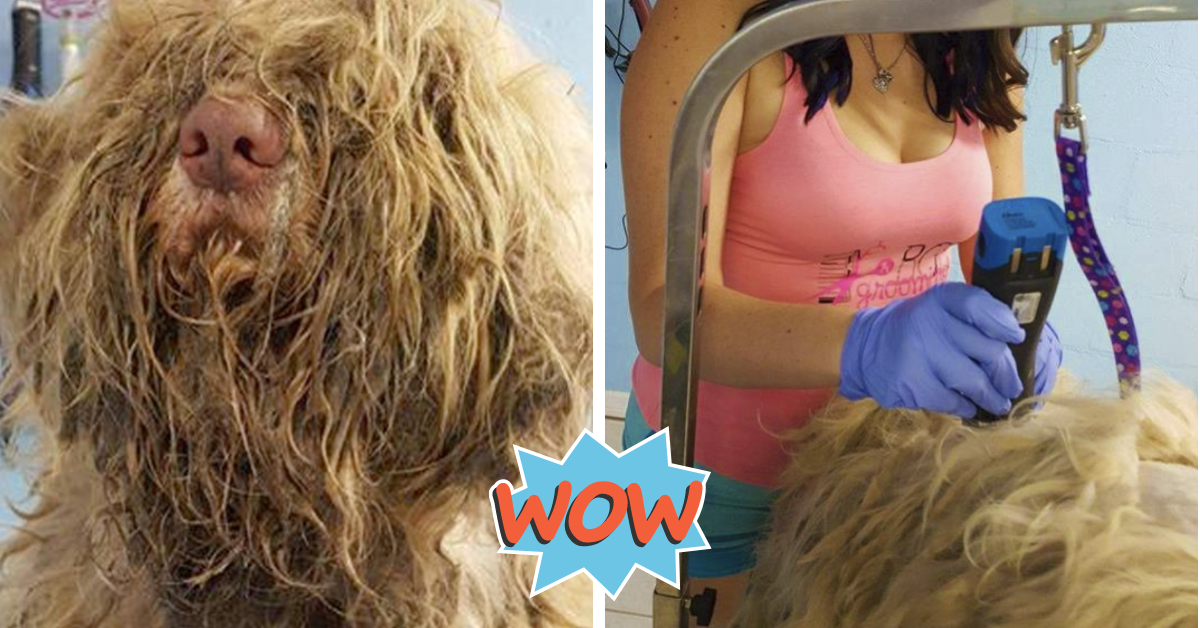
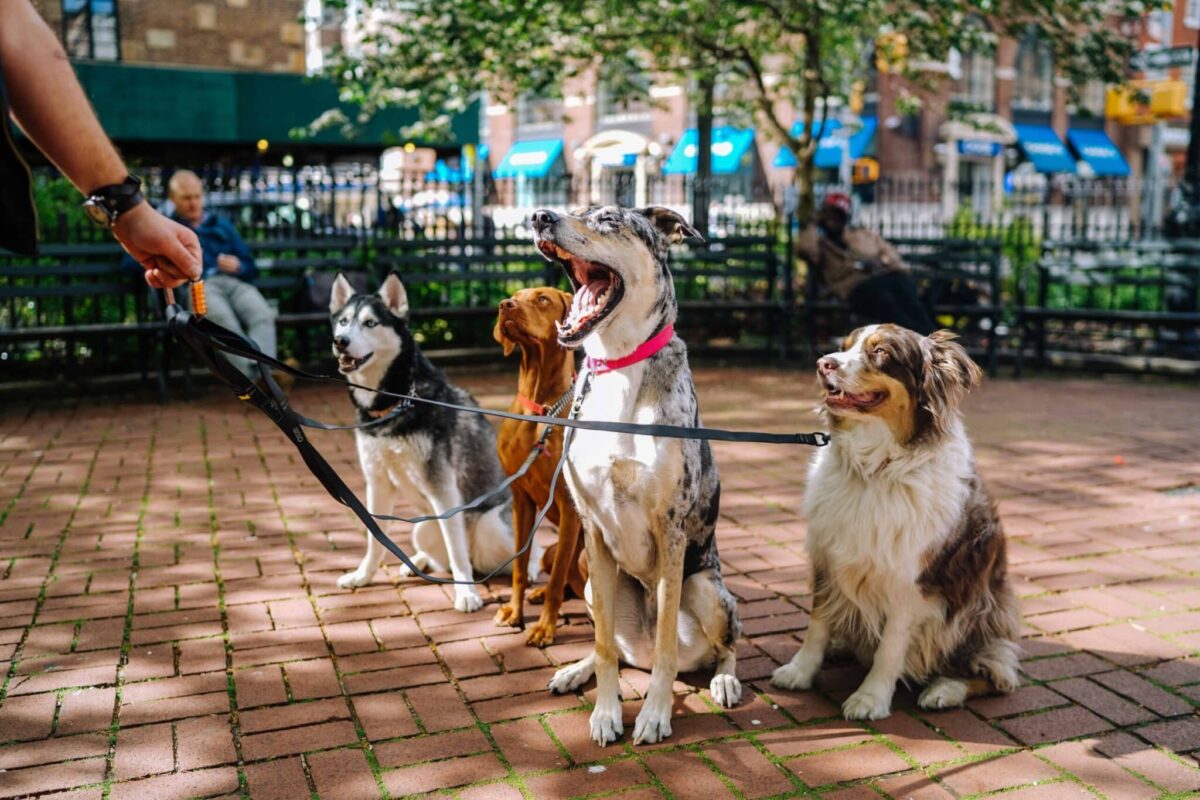
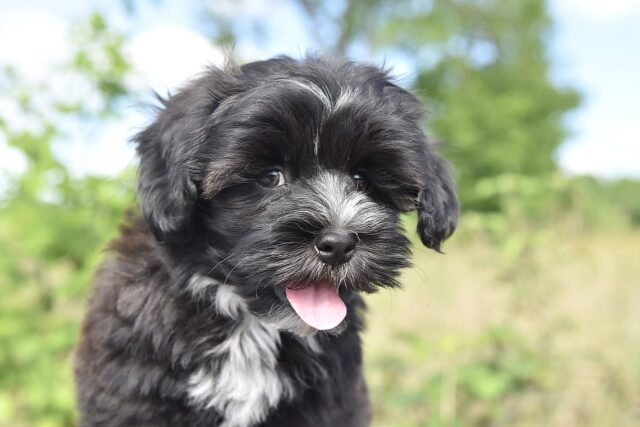
 English (US) ·
English (US) ·